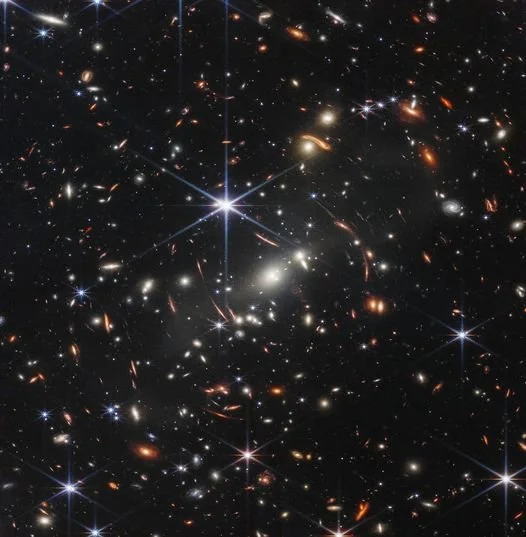Congratulations to the Nobel Prize Winners
Initially posted on https://blogs.nasa.gov/drthomasz/2022/10/11/congratulations-to-the-nobel-prize-winners/
I have been thinking a lot this week about the power of curiosity and its ability to drive major change in the long run.
This past week, the Nobel Prizes were announced for the science of quantum theory, click chemistry and biorthogonal chemistry, and genetic research on extinct hominids and human evolution. As a physicist, I know the well-deserved Nobel in physics better than the others, but I have read quite a few articles on the others as well.
All of these prizes have a couple of things in common. Their underlying research is very much driven by curiosity, by questions like, “What if or how does this work?” However, more importantly, all of them resulted in outcomes that are useful and even transformational by what they’ve achieved and their promise to our communities. Whether it is new computational architectures, encrypted communication, novel cancer treatment, or unimaginable medical breakthroughs, the prizes have changed not only what we know, but have given humanity new tools to solve problems and create something that’s entirely new!
I give many talks about space missions (with the JWST pic shown below) and many people ask questions often along the lines of, “Why should we care?” In answering those questions, many have given me advice over the years to talk about startups and applications.
I think those responses are good, but here is what we learn: Over time, big curiosity driven science outperforms all expectations regarding their usefulness, beating any other short-sighted strategy hands-down! In fact, they’re at the heart of big transformations and unbound economic potential in ways no-one would ever dare to expect at the beginning.
The power of curiosity, expressed in questions like, “What if or how does this work?” tend to push back the boundary that separates what we know from the vastness of what we do not know. This gives access to new thought and new solutions for problems not even yet recognized as important. The laser, the internet, countless medical devices, and weather forecasting are only a small number of such examples.
So, how do we learn how to be curious? The answer is simple: Pay attention to children and listen to their questions. Doing that, we learn that curiosity is part of us all of us as humans. We are all better off if we listen to the inner child within us all. Give it time and attention and resist drowning it out with busy work and the noise of loud voices.
Patiently answering the questions of our inner child full of curiosity has the potential to create huge impact and many benefits in the long run.

